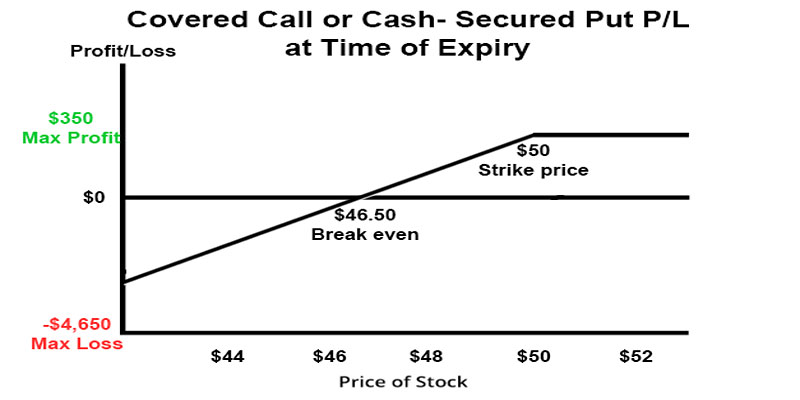
There is no guarantee that the best location for you to save money and earn interest will also be the greatest place for someone else to save money and earn interest. A saver's position's particulars should be considered before making this decision. In most situations, choosing a financial product or service based on which one advertises the greatest interest rate is not prudent.
When looking for the ideal location to save your money, one of the first things you should consider is the reason you are saving in the first place. When you are putting up an emergency fund, it is likely more necessary to have simple access to your assets than to have a high-interest rate. On the other hand, the aim of saving for a down payment on a house proposes opting for higher interest at the expense of locking up your money for a certain amount of time. To give you a general idea, the following are some of the primary considerations that should guide your search for the most advantageous places to save money and earn interest:
Liquidity
When you find yourself in need of cash, how fast and can you acquire it? Some assets, like real estate, are very illiquid, which means that transforming them into cash requires a significant amount of time and work, in addition to incurring some expenses.
Risk
What are the odds that the actual rate of interest you earn will be lower than the forecast rate? Because of the substantial degree to which equity prices may change from one moment to the next, the stock market is an example of an investment choice that is too hazardous for many savings objectives. If you need cash when the market is falling, you may be forced to sell stock assets at a loss.
Time frame
How long do you plan to hold onto your investments? The longer you can let your money sit in an account where it may earn interest without withdrawing it, the greater the interest rate you will be able to obtain.
Interest rate
The interest rate, sometimes stated as the annual percentage yield (APY), decides how much money you will earn from your investments.
Best Places to Save Money and Earn Interest
The majority of plans for attaining personal financial wellness include the goal of saving money as a primary component. However, even though setting aside money for savings is nearly always a good idea, not all savings programs are equal. There are better strategies to save money than putting pennies into a piggy bank for a number of reasons, one of which is that you won't get any interest on the money.

The real best locations for you to deposit your money vary widely, based not just on the objectives you have for your savings but also the timeline you have set for achieving those goals, in addition to other considerations like security and liquidity.
After taking into account the specifics of your circumstance as well as the other aspects mentioned, you should be able to determine which of the following will provide you with the highest rate of return on your savings:
Savings Account
Savings accounts held at financial institutions like banks and credit unions are protected from money and provide easy access to one's funds in an emergency. The finest savings accounts provide high annual percentage yields (APYs), cheap fees, and 24-hour access to their funds.
Certificates of Deposit (CD)
The interest rate paid on a certificate of deposit (CD) at a bank or credit union may be substantially greater than the rate paid on a savings account, but in exchange, you will often not have access to that money for anywhere from one month to sixty months. The finest certificates of deposit provide rates that dominate the industry while maintaining low entry requirements.
Money Market Accounts
These accounts, held at banks, credit unions, and other financial organizations, often provide access to the funds more conveniently, in addition to greater interest rates and the ability to write checks.
Treasury Bills
T-Bills, debt instruments issued by the United States government, are considered the safest investment option possible. Although their interest rates are lower than those of other savings choices, they are easily accessible. Treasury Direct is where you may make your purchase online.
Series I savings bonds

I-Bonds are a kind of government security issued by the United States with a variable interest rate proportional to the rate of inflation at the time of purchase. I-Bonds are accessible via Treasury Direct and come with a low level of liquidity, but they provide a high level of protection, particularly against the erosion of buying power caused by inflation.



